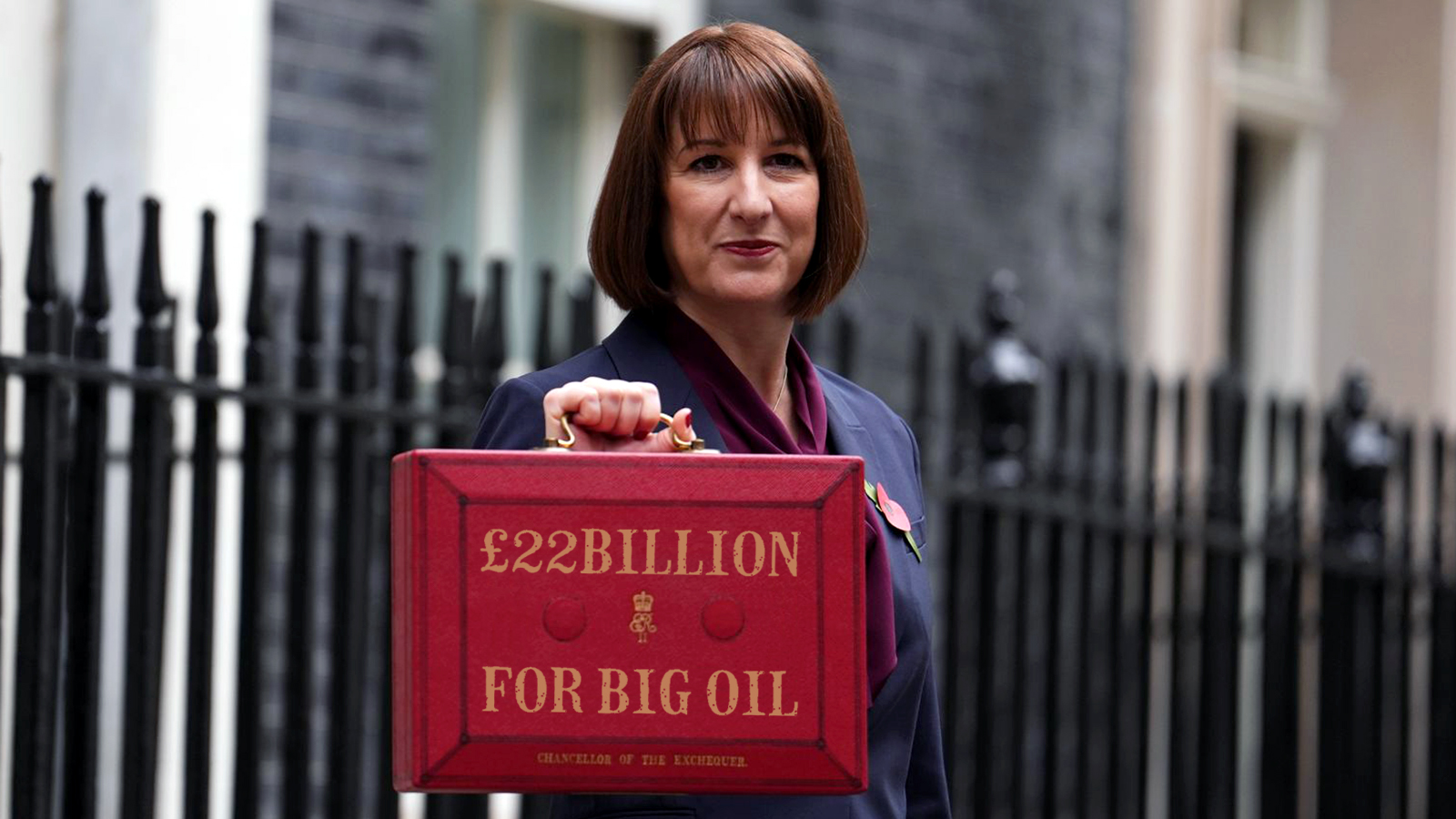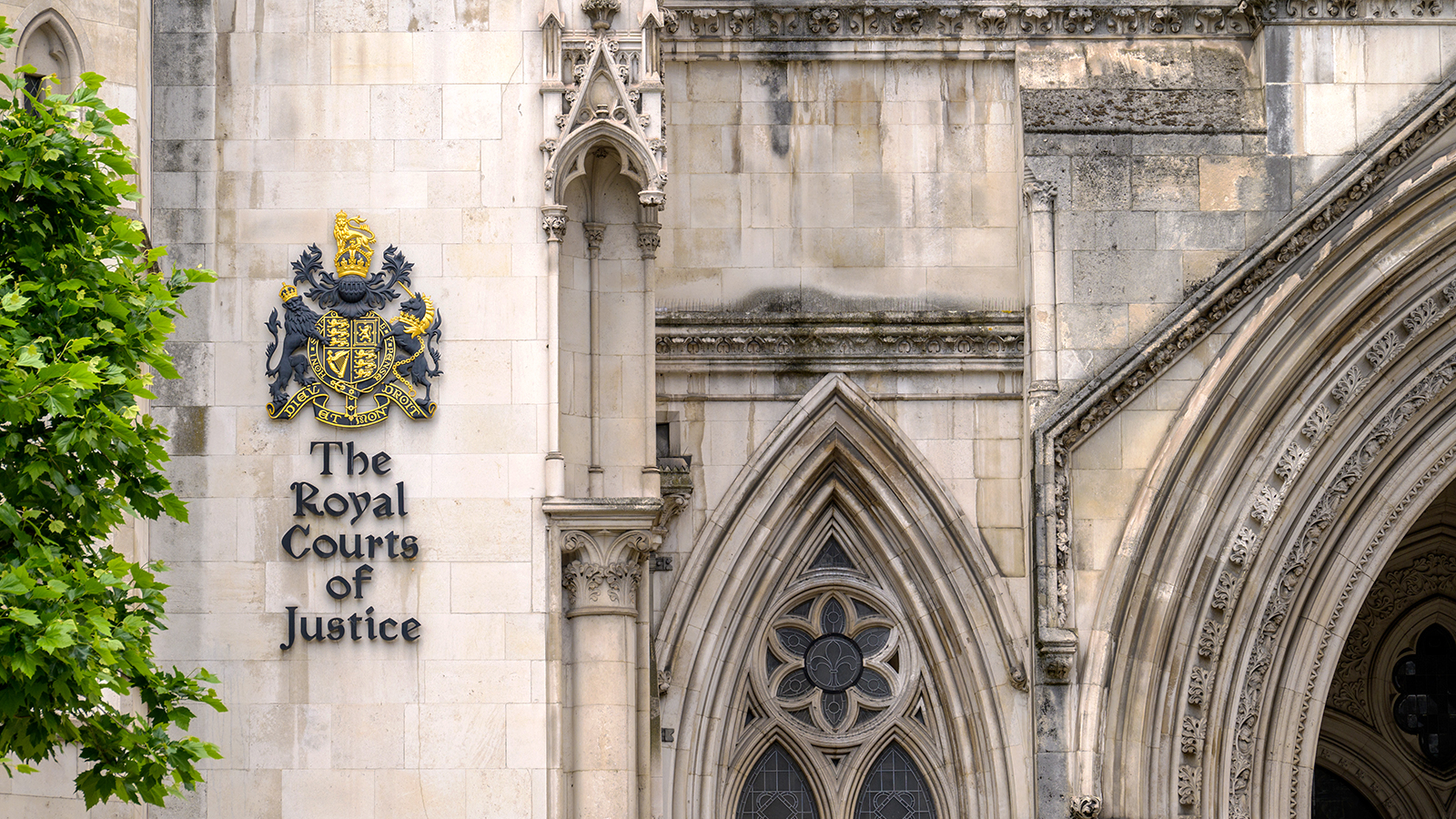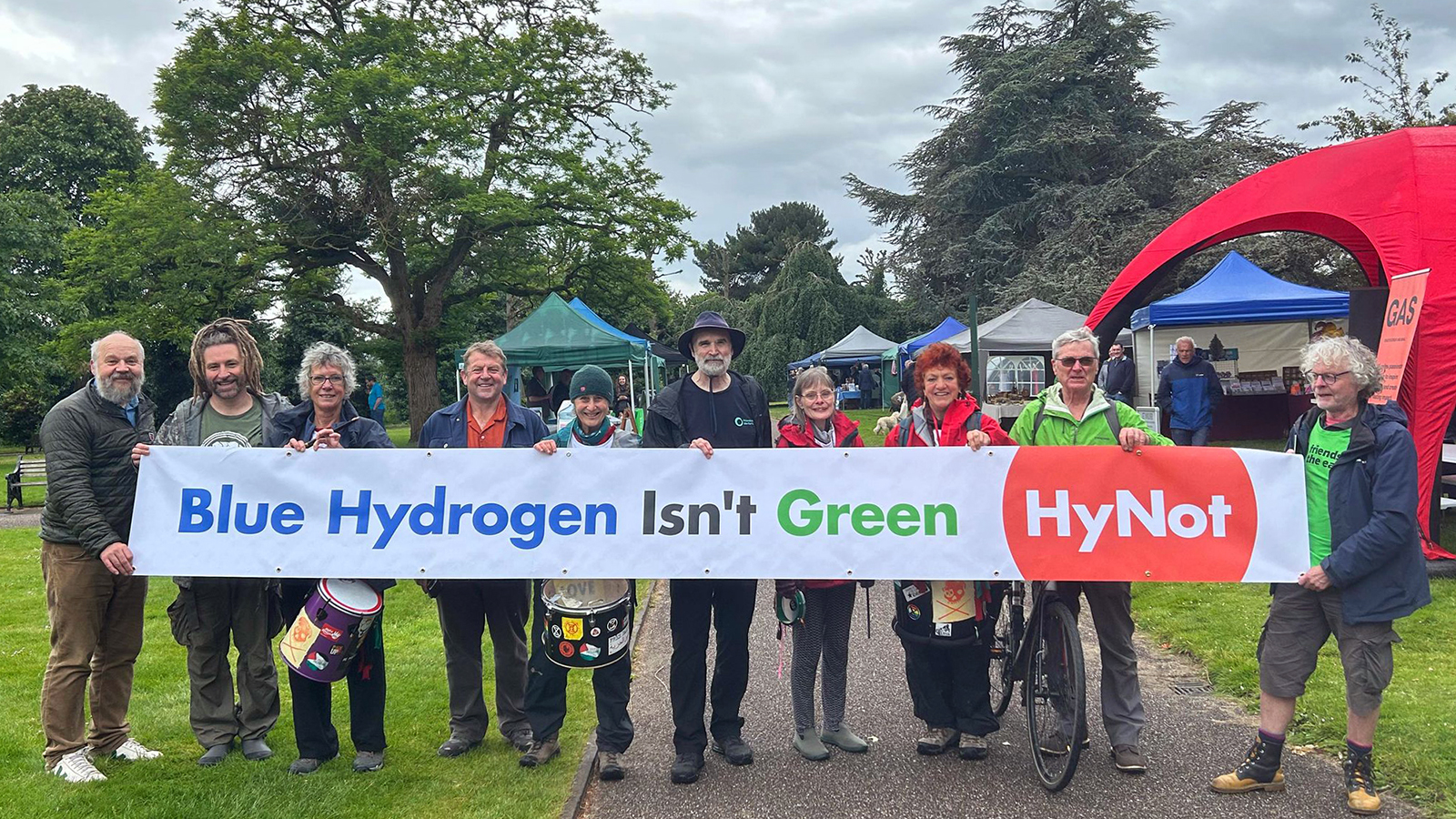HyNot
-

HyNot calls on chancellor Rachel Reeves to stop funding carbon capture and storage
Ahead of the budget next week, HyNot is calling on Rachel Reeves to stop funding carbon capture and storage.
-

HyNot statement on HyNet planning approval by Cheshire West and Chester Council
On the day the world learned that last year was the hottest on record, we’re hugely dismayed that Cheshire West and Chester Council has approved the HyNet fossil fuel hydrogen scheme which relies on dumping carbon dioxide under the seabed.


